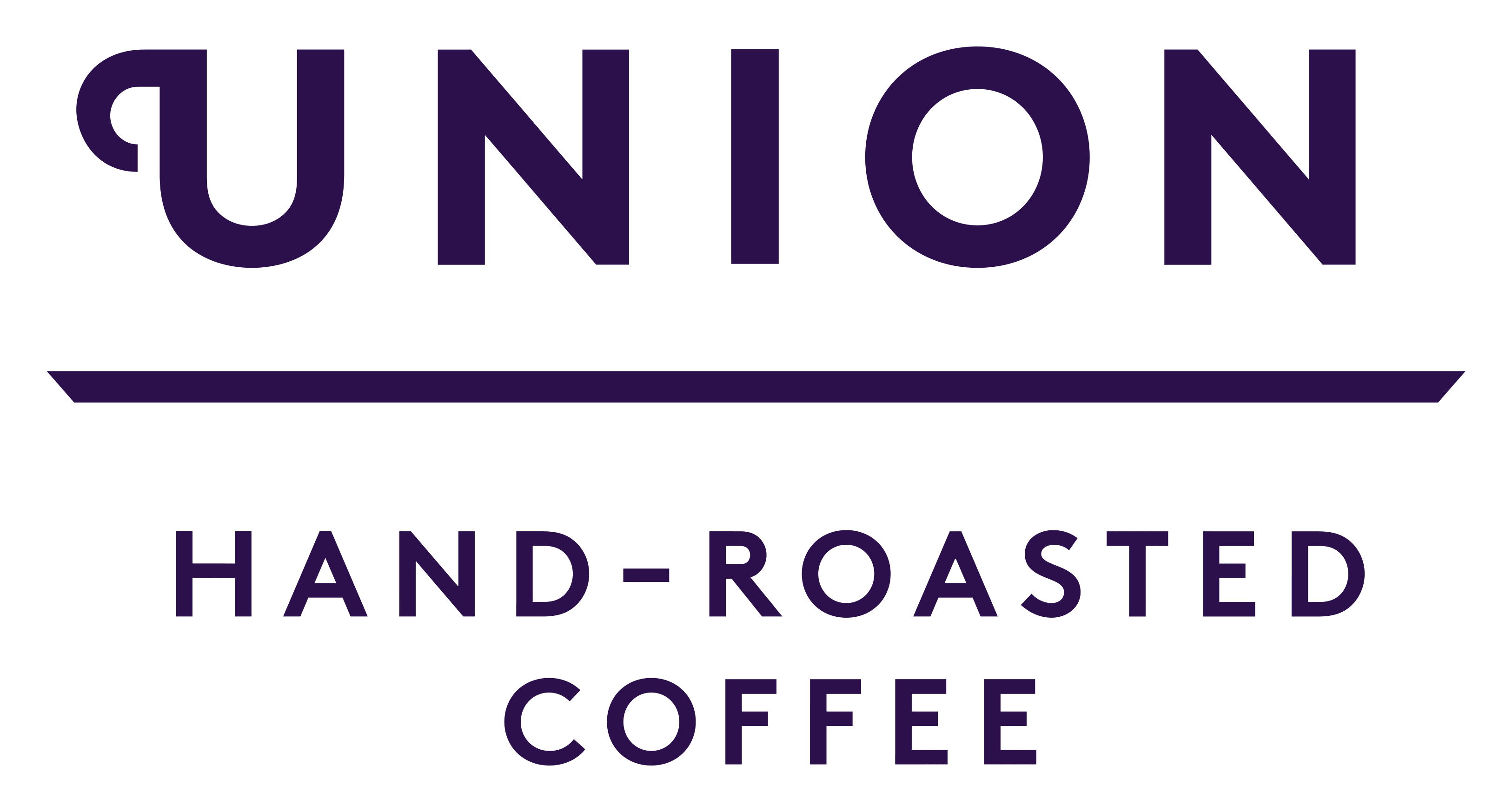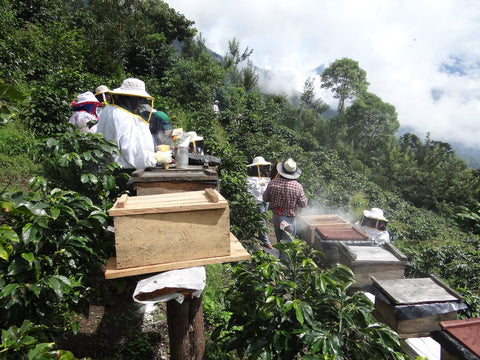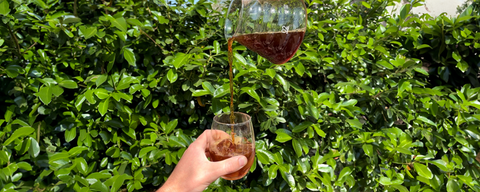First Published - April 5, 2017 (By Suzan – Wholesale person and Coffee Geek)
Like most food crops, coffee is a seasonal product. Luckily for us, not all coffee producing territories harvest at the same time, and some harvests are large enough to last roasteries the entire year – pretty important when you want consistent components in a blend. However, thanks to the coffee industry’s ever-increasing appetite for the new and unusual, seasonal coffees with a limited stock – often called microlots – have earned a significant position in the speciality market place.
What exactly is a microlot?
Microlots are most often grown in the same field as the larger single origins, but are cordoned off and processed separately because that specific group of trees produces coffee that is just that little bit more special than the rest. These plots are given numbers – very necessary in plantations that often cover a large acreage – and the resulting coffee lot is often identified not just by its name, but by this plot number as well.
There are various reasons for designating a certain plot as a microlot: that patch might contain a different variety, it might be meant for a different (experimental) processing method, it might produce a noticeably higher quality, or it might be known to produce some unusual flavours. Any of these can result in a small crop of coffee that can potentially mean a much higher sale price for the farmer, and thereby be a lucrative investment.
Exceptionally Brazilian
As part of our new coffee arrivals for spring 2017, we have exactly such a microlot: Valdir Ferreira (FAF) 949, Brazil. In the words of Rudy, our Q-grader and Quality Control Manager, “this coffee is a beautiful lot, showcasing the widely underestimated potential for top-end quality in Brazilian coffees.”
Brazilian coffees are commonly described as being predominantly peanutty or chocolate-y, and are used a lot to provide body in blends. However, the Brazilian coffee market is so huge that quality can vary. In this case, this plot on Valdir Ferreira’s farm produced fruit of an exceptional quality, which merited it being sold separately as a microlot. Scoring a whopping 87/100 on the Q-grade, this distinction is more than justified.
Rudy’s professional opinion is that “this microlot is full of complexity with a distinguishable combination of malic and citric acidities, a high sweetness paired with a heavy mouthfeel, and delicious flavours of blackberry upfront, brown sugar midpalate and caramel on the finish.”
The rest of us just find it pretty darn delicious, which is why this coffee is featured in our Flavour Challenge experience at the London Coffee Festival 2017 (6-9 April). If you have tickets make sure you pop by stand S08.
Return of the ladybirds
Pascale, our woman on the ground in Central and South America, tells us more about the farm – Sitio Joaninha, and its owner: Valdir Ferreira.
Valdir’s mother, Maria de Lourdes, used to play in the coffee fields with ladybirds as a child while her parents worked on the farm. She thought they were beautiful, and her father used to tell her that they were good for the coffee trees because they eat harmful insects. However, everyone started using all kinds of chemicals, and soon ladybirds disappeared from the farm along with butterflies and bees, and gradually she stopped enjoying going to the coffee fields. It was not the same anymore.
Since taking over the farm, each year Valdir has improved the quality of his coffee while protecting the water, the wildlife and planting trees to ensure his family and neighbours have a sustainable future. His mother was so happy she suggested renaming the farm to Sítio Joaninha, to coincide with the purpose and the mission of bringing the ladybirds back.
Valdir was one of the first producers to join the Bob-o-link project in 2009. He stopped using herbicides and started cleaning the brush between the plants manually. This creates a natural compost bed encouraging friendly insects and other organisms to return to the coffee. This project is managed by Fazenda Ambiental Fortaleza, ‘Environmental Fortress Farm’ or FAF for short, who work with a number of farmers in the area. Valdir and his two children are now able to play in the fields that surround their house together with his wife and his mother where the ladybirds have returned.
We are thrilled to be working with conscientious farmers like Valdir, and are proud to be able to bring this exceptional coffee to consumers in the UK.
IT’S AVAILBLE ON OUR WEBSITE NOW, FIND IT HERE.
Make sure you get in quick, because once it’s gone, it’s gone!


